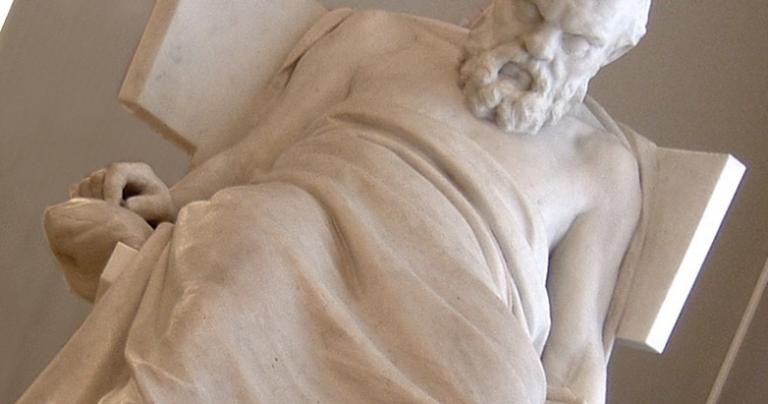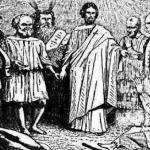 A class needs time to develop, in college at least three hours, but getting the intellectual muscle for three hours of discussion takes time. Students get tired. When a “long form” article (with warnings about length!) is around three hundred words, then a class where clearing the ground to learn takes thousands of words is wearing.
A class needs time to develop, in college at least three hours, but getting the intellectual muscle for three hours of discussion takes time. Students get tired. When a “long form” article (with warnings about length!) is around three hundred words, then a class where clearing the ground to learn takes thousands of words is wearing.
When the question is hard, the answer is sometimes even more difficult! No surprise that hard answers, require time for any group to develop. Yet even when the answers are not profound, we may need just as much work and work uses up energy.
Hard questions sometimes have simple answers, but getting to those answers may not be simple. We have preconceptions we have to clear away, clarifications that must be made, all to come to a simple answer. An outside observer once watched a session I was leading and noted: “I could have given the students the conclusion in a few minutes. All of you wasted three hours of time to get the same result.”
What about this?
Sometimes we do waste time, nattering, playing with words, and not getting to the point, but not mostly. We wish to be persuaded that the simple answer is true and not just write down the correct answer and move on. That might work with fact acquisition, but it will not produce grounded change in character. I can take an expert’s word about the sinking of RMS Titanic. He can give me the facts, but to understand the meaning of the event in 1912 or to learn from the disaster takes time. Sometimes we need to try out wrong ideas, think them through to the end, in order to avoid error.
Usually when I grasp a text, really understand an important passage, the truth is not so different from what I could have said at the start, but instead of parroting the truth, I know what is being said. I am not a storage unit for someone else’s idea, but have discovered it anew. That might be a waste of time for mere facts, yet still be essential to education for human flourishing.
Sometimes education teaches me a skill, sometimes I learn some data, most often I must learn how to be a better human. This takes time and so we build up the patience to learn. We endure so we can see for ourselves or so others can see.
Yet if we are honest many tutors will confess that they get tired. Real dialog is hard work, because it goes in unexpected directions. Socrates was done with the conversation at the start of Book II of Republic. Socrates was worn down by a discussion that had gone in ugly directions with one man so angry, he was like an animal. The conversation was, unexpectedly saved:
But on the contrary, the end turned out to be the beginning. With his usual energy, Glaucon objected to Thrasymachus’s withdrawal from the contest. He went on to ask: Socrates, do you really want to convince us that justice is preferable to injustice, or will you be content if we only seem to be persuaded?
Glaucon still had energy to do the needed work. This type of student is vital to any class and yet schools often are annoyed with the Glaucon type. They are not easily placated, do not give up, and talk a good bit. They are energetic and that can feel out of control. Stifle the energy, however, and education will die.
God send us the energy we need to learn and send us a Glaucon when our energy flags.
———————————————-
*I begin an informal summer reading of Republic using Scott/Sterling (a new translation for me). Part 1. Part 2. Part 3. Part 4. Part 5. Part 6. Part 7. Part 8. Part 9. Part 10. Part 11. Part 12. Part 13. Part 14. Part 15. Part 16. Part 17. Part 18. Part 19. Part 20. Part 21. Part 22. Part 23. Part 24. Part 25. Part 26. Part 27. Part 28. Part 29. Part 30. Part 31. Part 32. Part 33. Part 34. Part 35. Part 36. Part 37. Part 38. Part 39. Part 40. Part 41. Part 42. Part 43. Part 44. Part 45. Part 45.5. Part 46. Part 47. Part 48. Part 49. Part 50. Part 51. Part 52. Part 52.5. Part 53. Part 54. Part 55. Part 56. Part 57. Part 58. Part 59.

















